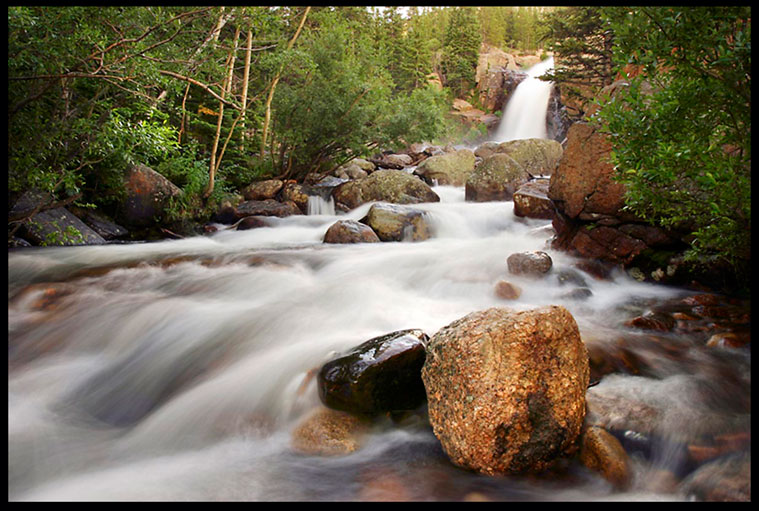Last week, we started our new series called Kingdom Rebellion, and we did an overview of the main three points: The Fall, the Flood, and the Tower of Babel. This week, we are going to focus on the Fall.
Genesis 3:1-7 (NIV)
1 Now the serpent was more crafty than any of the wild animals the LORD God had made. He said to the woman, “Did God really say, ‘You must not eat from any tree in the garden’?” 2 The woman said to the serpent, “We may eat fruit from the trees in the garden, 3 but God did say, ‘You must not eat fruit from the tree that is in the middle of the garden, and you must not touch it, or you will die.'” 4 “You will not surely die,” the serpent said to the woman. 5 “For God knows that when you eat of it your eyes will be opened, and you will be like God, knowing good and evil.” 6 When the woman saw that the fruit of the tree was good for food and pleasing to the eye, and also desirable for gaining wisdom, she took some and ate it. She also gave some to her husband, who was with her, and he ate it. 7 Then the eyes of both of them were opened, and they realized they were naked; so they sewed fig leaves together and made coverings for themselves.
Our big topics during this week’s message at Keys Vineyard will be the consequences of the Fall and a look at the Crimson Thread of Redemption, recorded in Genesis 3:15.
Genesis 3:15 (NIV)
15 And I will put enmity between you and the woman, and between your offspring and hers; he will crush your head, and you will strike his heel.”
In preparation for the discussion, let’s take a quick practical look at temptation. As the evil one tempts Adam and Eve, he uses three specific tactics. These can be understood as the lust of the eyes, the lust of the flesh, and the pride of life. The Apostle John made sure we would be aware of these tactics by recording them for us in 1 John 2:16:
1 John 2:16 (NIV)
16 For everything in the world—the lust of the flesh, the lust of the eyes, and the pride of life—comes not from the Father but from the world.
It is essential to be aware of these tactics because the evil one continues to use them repeatedly. For the most part, he has been quite successful. However, when he tries them on Jesus during the temptation in the wilderness, they don’t work. Take some time to read over the account of the fall in Genesis 3:1-7 and then read the account of the temptation in the wilderness in Luke 4:1-12:
Luke 4:1–12 (NIV)
1 Jesus, full of the Holy Spirit, left the Jordan and was led by the Spirit into the wilderness, 2 where for forty days he was tempted by the devil. He ate nothing during those days, and at the end of them he was hungry. 3 The devil said to him, “If you are the Son of God, tell this stone to become bread.” 4 Jesus answered, “It is written: ‘Man shall not live on bread alone.’” 5 The devil led him up to a high place and showed him in an instant all the kingdoms of the world. 6 And he said to him, “I will give you all their authority and splendor; it has been given to me, and I can give it to anyone I want to. 7 If you worship me, it will all be yours.” 8 Jesus answered, “It is written: ‘Worship the Lord your God and serve him only.’” 9 The devil led him to Jerusalem and had him stand on the highest point of the temple. “If you are the Son of God,” he said, “throw yourself down from here. 10 For it is written: “ ‘He will command his angels concerning you to guard you carefully; 11 they will lift you up in their hands, so that you will not strike your foot against a stone.’” 12 Jesus answered, “It is said: ‘Do not put the Lord your God to the test.’”
See if you can find the three temptation tactics used in each account. Then take time to have a think about how Jesus used the word of God to stand firm in the face of temptation. All this and more at Keys Vineyard Church this weekend, so join us in person or online.
Steve Lawes is a Church Consultant and also provides coaching for pastors, churches, ministries and church planters.


